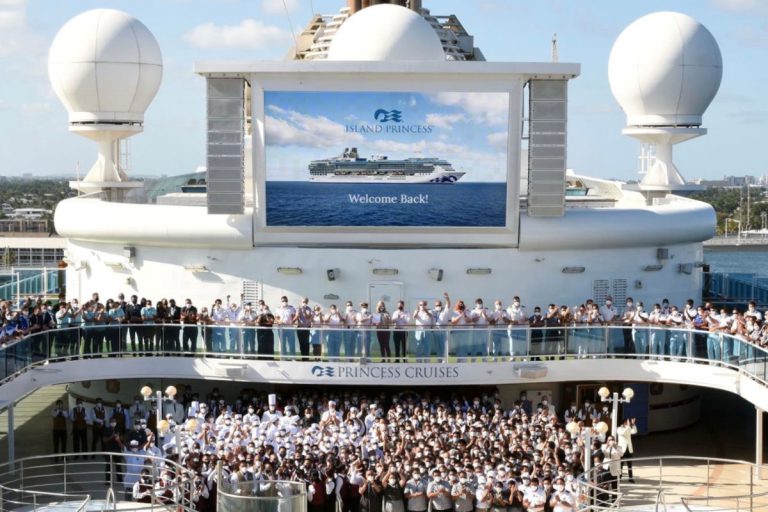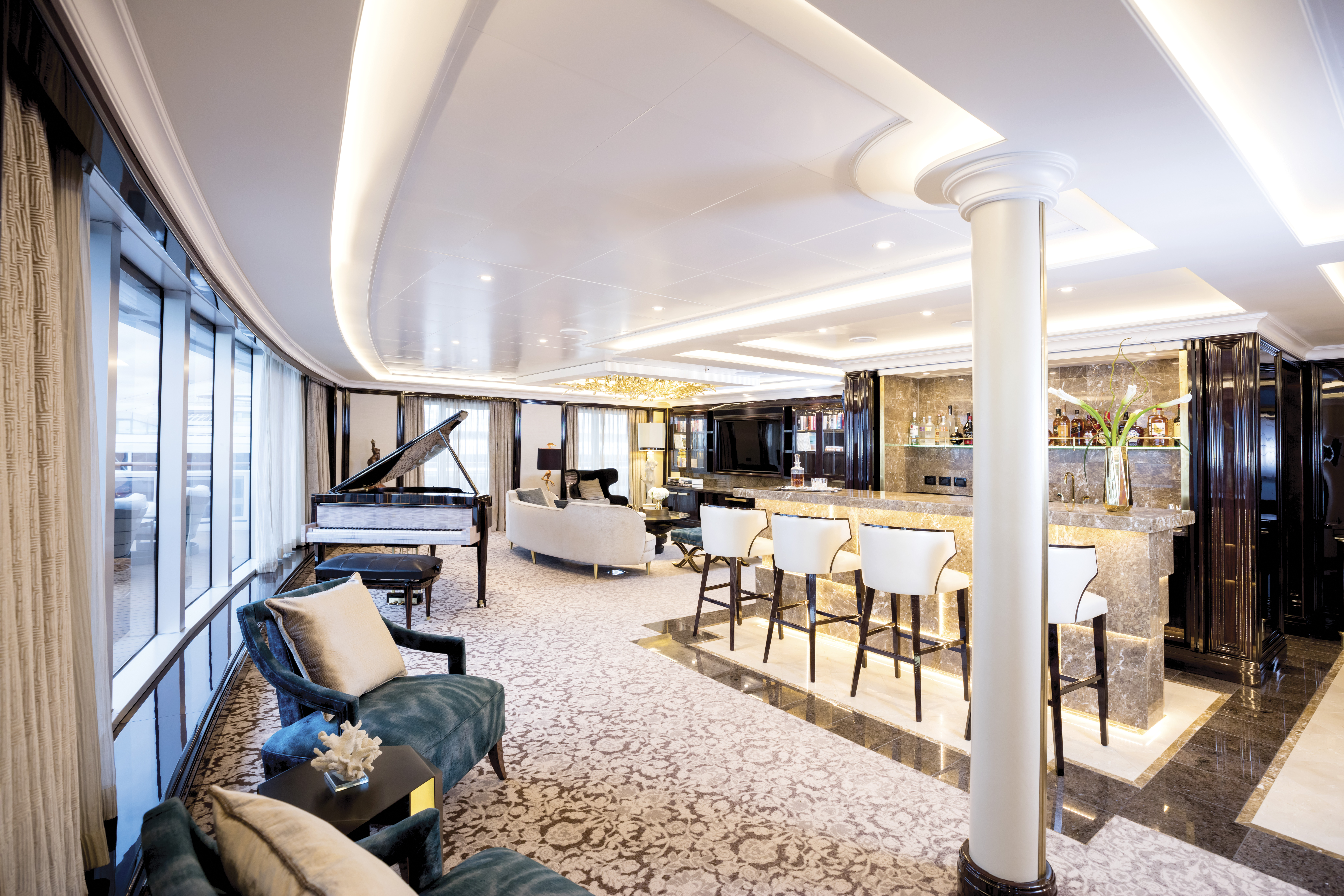Maritime historian Rob Henderson relates his own and others’ experiences of celebrations on board, both religious and secular.
In the modern floating village of a cruise ship, birthdays and wedding anniversaries are quite commonly reasons for celebration, as are the big annual festivals for Westerners, Christmas and New Year.
There was a time, however, when celebrations on ships at sea embraced saints’ days as well as days of national celebration and remembrance, temporal and secular. I recall, when I first went to sea, the celebration of Divine Service on Sundays was a major feature of shipboard life. It was an event of great solemnity when the ship’s commander or, by chance, a travelling man of the cloth would officiate at a service usually approved by the company and detailed in a small gilt-embossed book titled Instruction to Officers for Divine Service. The book gave guidance for every possible spiritual event, from Christmas Day to burials at sea, baptisms, weddings and the monarch’s wellbeing.
Of course, I’m talking about British-registered ships, at a time when the great spiritual traditions of celebration still held sway. Now, sadly, they are neglected. Gone are the days when one looked forward to the Sunday service, if only to sing that delicious hymn, ‘For Those in Peril on the Sea’, which I first heard as a child and it filled me with fanciful visions of storm and tempest.
Even on today’s cruise ships, special events are celebrated. Earlier this year, I cruised on a US ship that, on Australia Day, was decorated with every possible Australian image, and the menus of the day had a distinctly Australian theme. Similarly, on the recent round-world voyage of Dawn Princess, a special open-air service commemorating the ANZACs was held as the vessel cruised off the beaches of Gallipoli.
This special event recalled the historic celebration of another ANZAC Day, in 1917, when Australian troops en route to Britain on P&O Branch Lines’ HMAT Ballarat were in full dress, attending the ANZAC Day service on deck, when the ship was torpedoed. In perfect order, boats were lowered and soldiers and crew, including a squirrel, cat, dog and ANZAC Joe, the ship’s parrot, were transferred to attending destroyers.
Not a life was lost. In fact, records reveal, poker games were played to pass the time as troops awaited their call to boats. It was a very Australian ANZAC Day, for which the officers, crew and troops were congratulated by the Admiralty and the King for their exemplary behaviour.
Christmas at sea was once marked by the hoisting of a fir tree aloft the foremast, a tradition echoing those of pagan winter solstice celebrations and the Roman Festival of Saturn, adopted by the Christians.
Christmas and the New Year is a time to celebrate. Onboard staff, from officers to assisting stewards, do their utmost to create a festive, joyous ambience aboard, when ships are decorating lavishly, and when onboard chefs and their kitchen staff prepare elaborate traditional feasts to celebrate the occasion.








